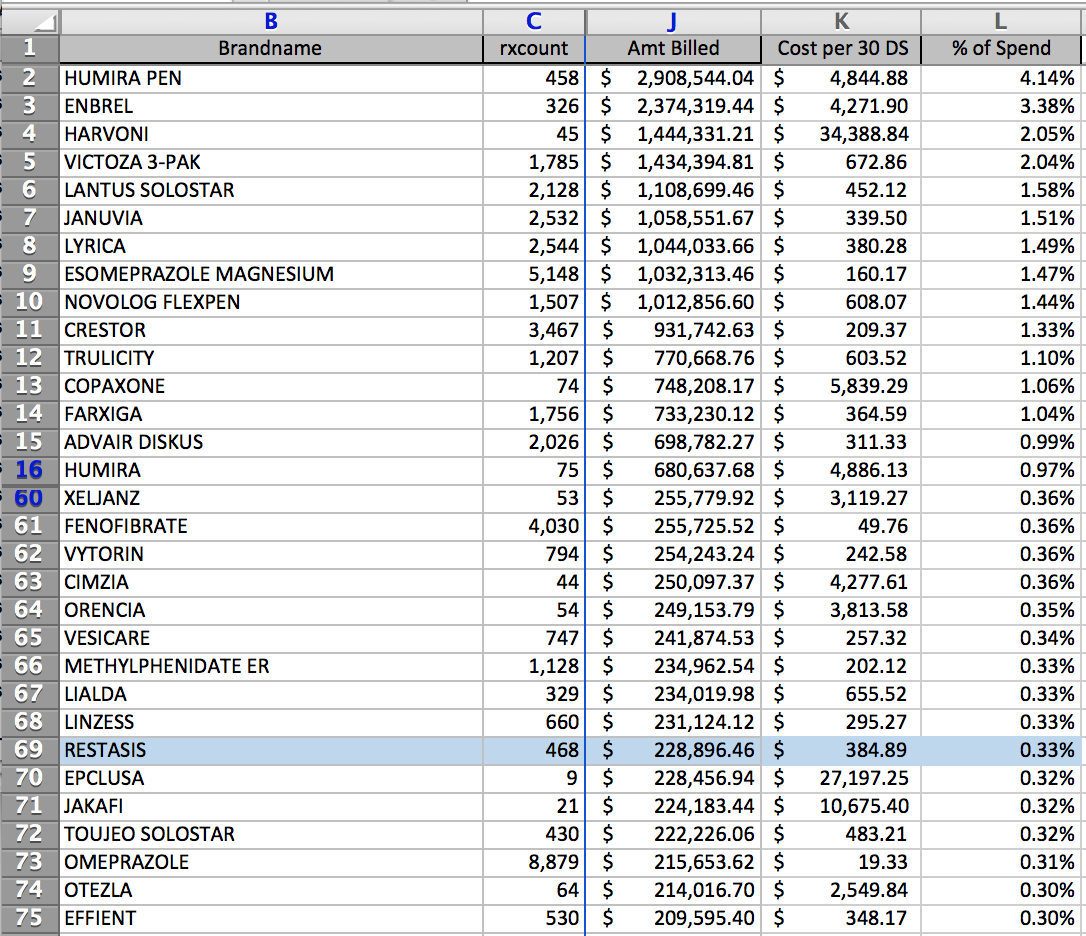
Hypoglycemia is the most common adverse reaction of insulin, including Tresiba ®, and may be life-threatening.Adjustments in concomitant anti-diabetic treatment may be needed. Advise patients who have repeatedly injected into areas of lipodystrophy or localized cutaneous amyloidosis to change the injection site to unaffected areas and closely monitor for hypoglycemia. Make any changes to a patient’s insulin regimen under close medical supervision with increased frequency of blood glucose monitoring.

Repeated insulin injections into areas of lipodystrophy or localized cutaneous amyloidosis have been reported to result in hyperglycemia and a sudden change in the injection site (to an unaffected area) has been reported to result in hypoglycemia. Hyperglycemia or Hypoglycemia with Changes in Insulin Regimen: Changes in an insulin regimen (e.g., insulin strength, manufacturer, type, or injection site or method of administration) may affect glycemic control and predispose to hypoglycemia or hyperglycemia.

Sharing poses a risk for transmission of blood-borne pathogens Patients using Tresiba ® vials should never share needles or syringes with another person. Never Share a Tresiba ® FlexTouch ® Pen, Needle, or Syringe Between Patients, even if the needle is changed.Tresiba ® is contraindicated during episodes of hypoglycemia and in patients with hypersensitivity to Tresiba ® or one of its excipients.Important Safety Information Contraindications Tresiba ® is not recommended for treating diabetic ketoacidosis.

Tresiba ® (insulin degludec) injection is indicated to improve glycemic control in patients 1 year of age and older with diabetes mellitus. Indications and Usage for Tresiba ® (insulin degludec) injection 100 U/mL, 200 U/mL


 0 kommentar(er)
0 kommentar(er)
